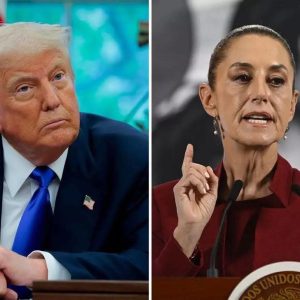The tension between Carney and Trump marks a stark departure from the diplomatic, if strained, relationship Canada maintained with the U.S. under Trudeau. Trump’s recent remarks—including threats to impose tariffs on Canadian goods and his sarcastic suggestion of annexation—have fueled nationalist sentiment in Canada. Carney seized on this momentum, portraying himself as a defender of Canadian identity. He promised that...





